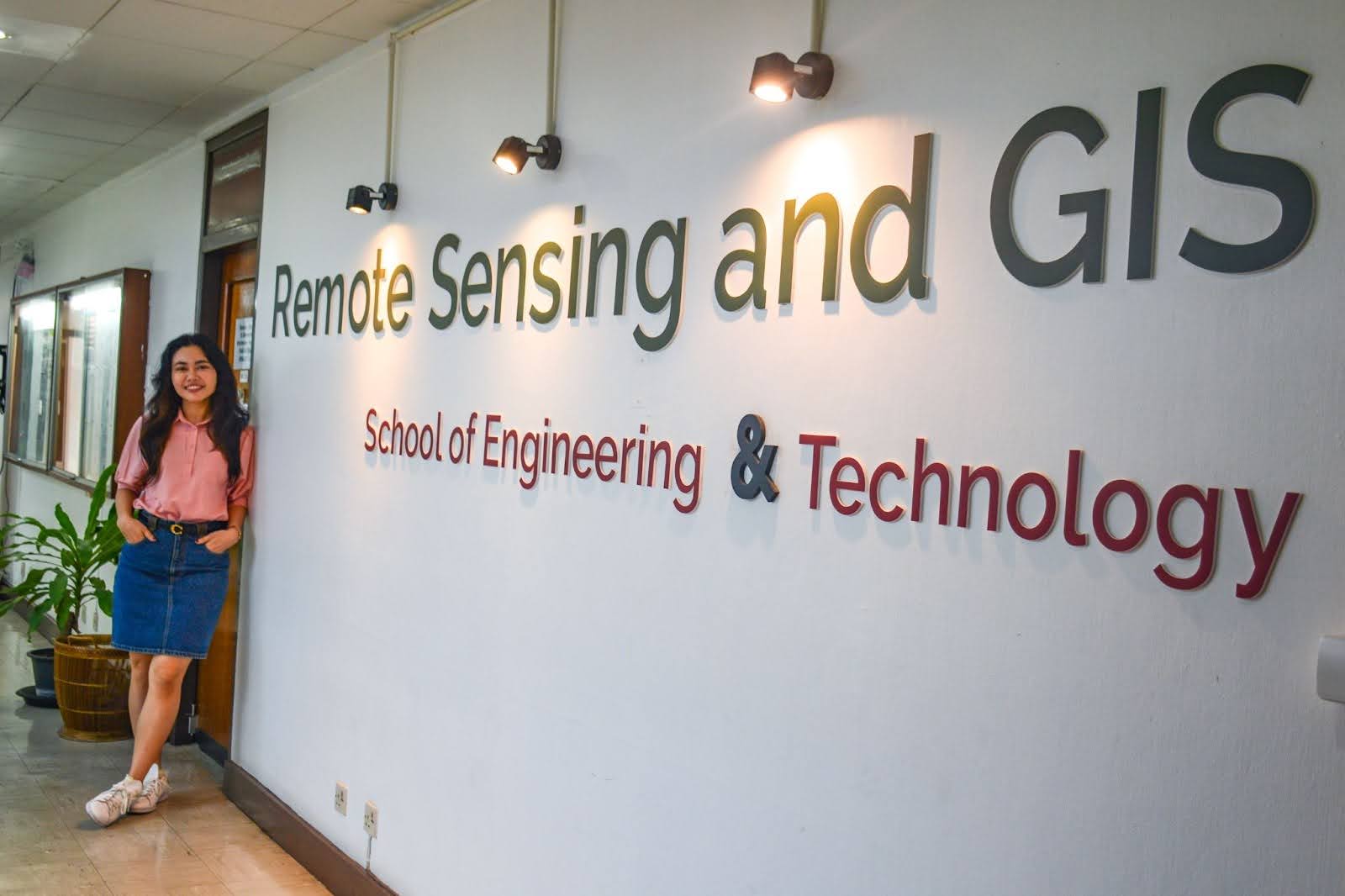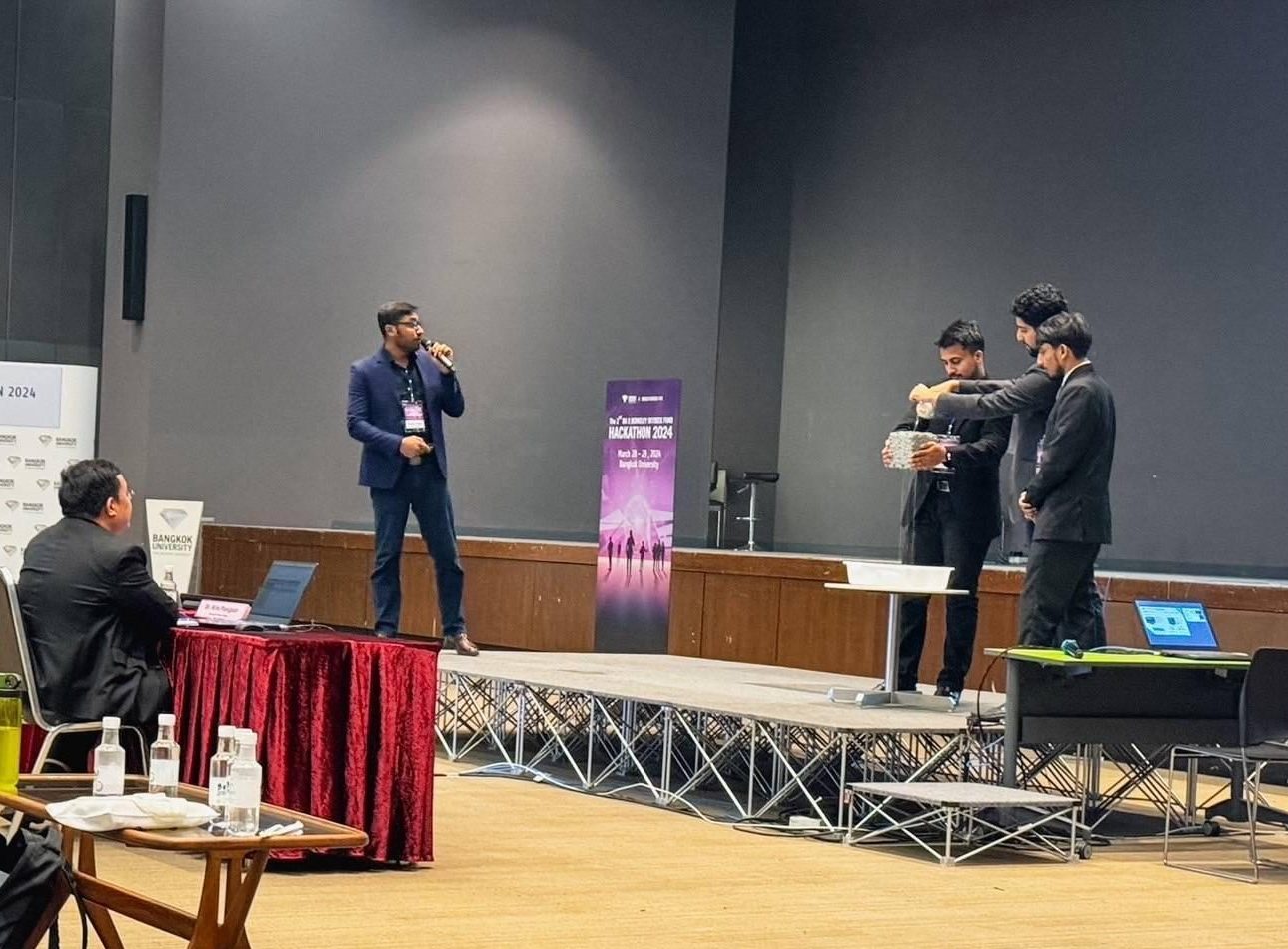Prof. Pachauri made these remarks while delivering a lecture via
videoconference at the Asian Institute of Technology (AIT) on 7 January
2011. Moderated by Dr. Srikantha Herath, Senior Academic Programme
Officer, United Nations University, Tokyo, and AIT alumnus, the lecture
saw nine institutes and universities participate in an interactive
session with Prof. Pachauri.
Prof. Pachauri reflected on the sixteenth Conference of Parties (COP16) held at Cancun, Mexico, and
projected the picture beyond COP16. While expressing his happiness that
COP16 was cognizant of the findings of the fourth assessment report of
IPCC, the Nobel laureate expressed
his disappointment that there was no agreement on a second commitment
period after the expiry of Kyoto Protocol in 2012. He termed the
establishment of the Green Climate Fund as a major step, while the
“spirit was more positive than Copenhagen
(COP15).” However, no agreements for concrete action were taken, he
regretted. The Cancun agreements promise to keep the rise in average
temperature below two degrees Celsius, and brings the country’s Green
House Gases (GHG) reduction targets under the United Nations Framework
Convention on Climate Change (UNFCC), he added.
“The new development path will create new sectors of economy and new
employment, and it moves away from what the world has been following
since the past 150 years,” Prof. Pachauri remarked. He stressed that
mitigation process for tackling climate change has to start early,
since it leads to cobenefits like energy security, less pollution and
consequential better health, greater agricultural productivity and more
employment options.
Answering questions from representatives of UNU, University of Hawai (USA), AIT
(Thailand), Waseda
University (Japan), and the University of the
Ryukyus (Japan), Prof. Pachauri remarked that for IPCC to remain
‘policy relevant’, it has to undertake assessment of policy. Science
has to be a driver for action, he said. Responding to another question,
Prof. Pachauri said that the private sector had a great role to play,
and complimented the role played by the government of Mexico in
engaging the private sector in climate change issues.
Other participating universities included National University, Samoa; University of the South Pacific, Fiji;
and The Energy and Research Institute (TERI), India. The lecture
was organized by Asia Pacific Intitiative (API). Dr. Abdul Salam
Pakkeerthamby of AIT’s School of Environment, Resources and Development
(SERD) coordinated the lecture on behalf of AIT.








